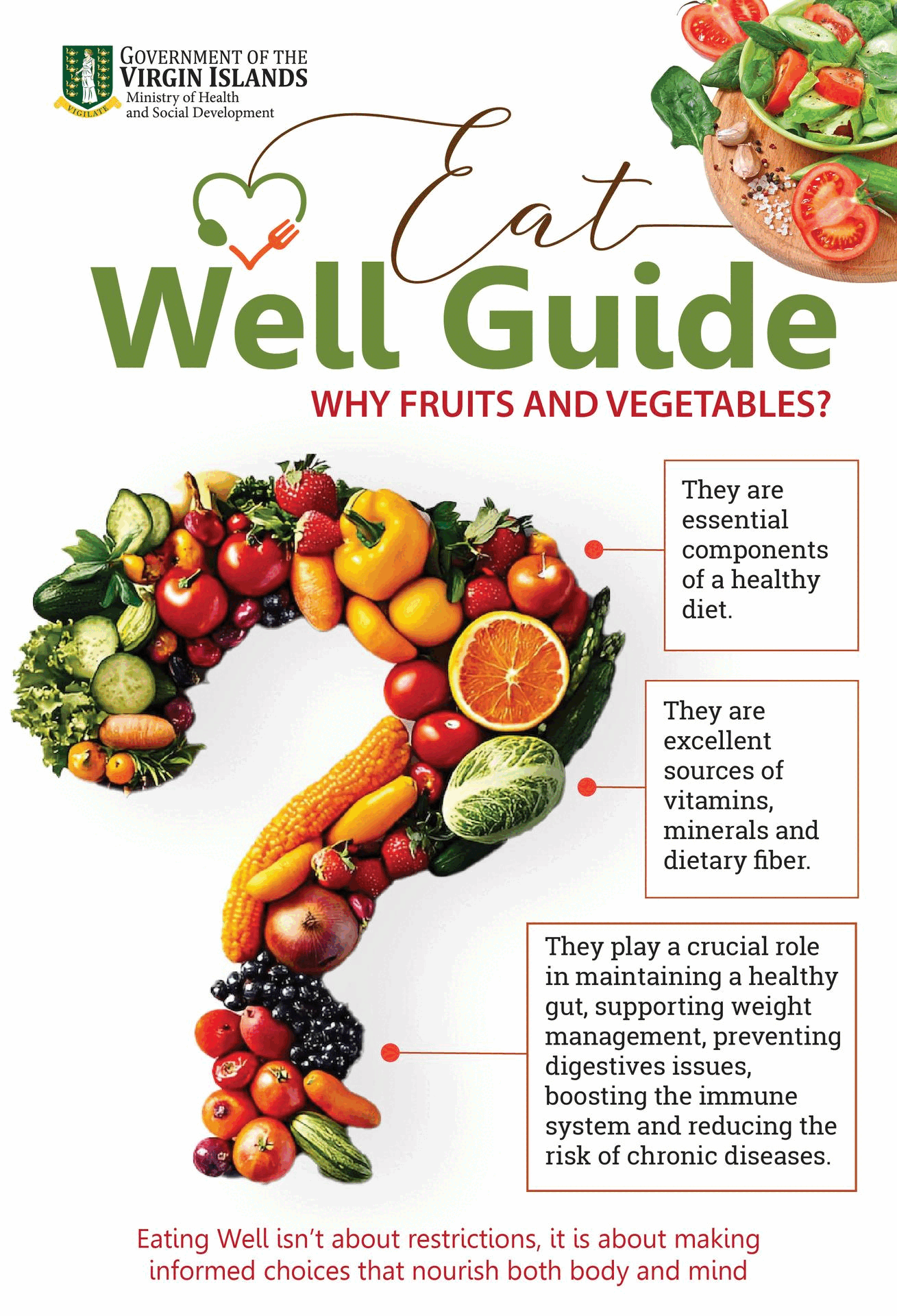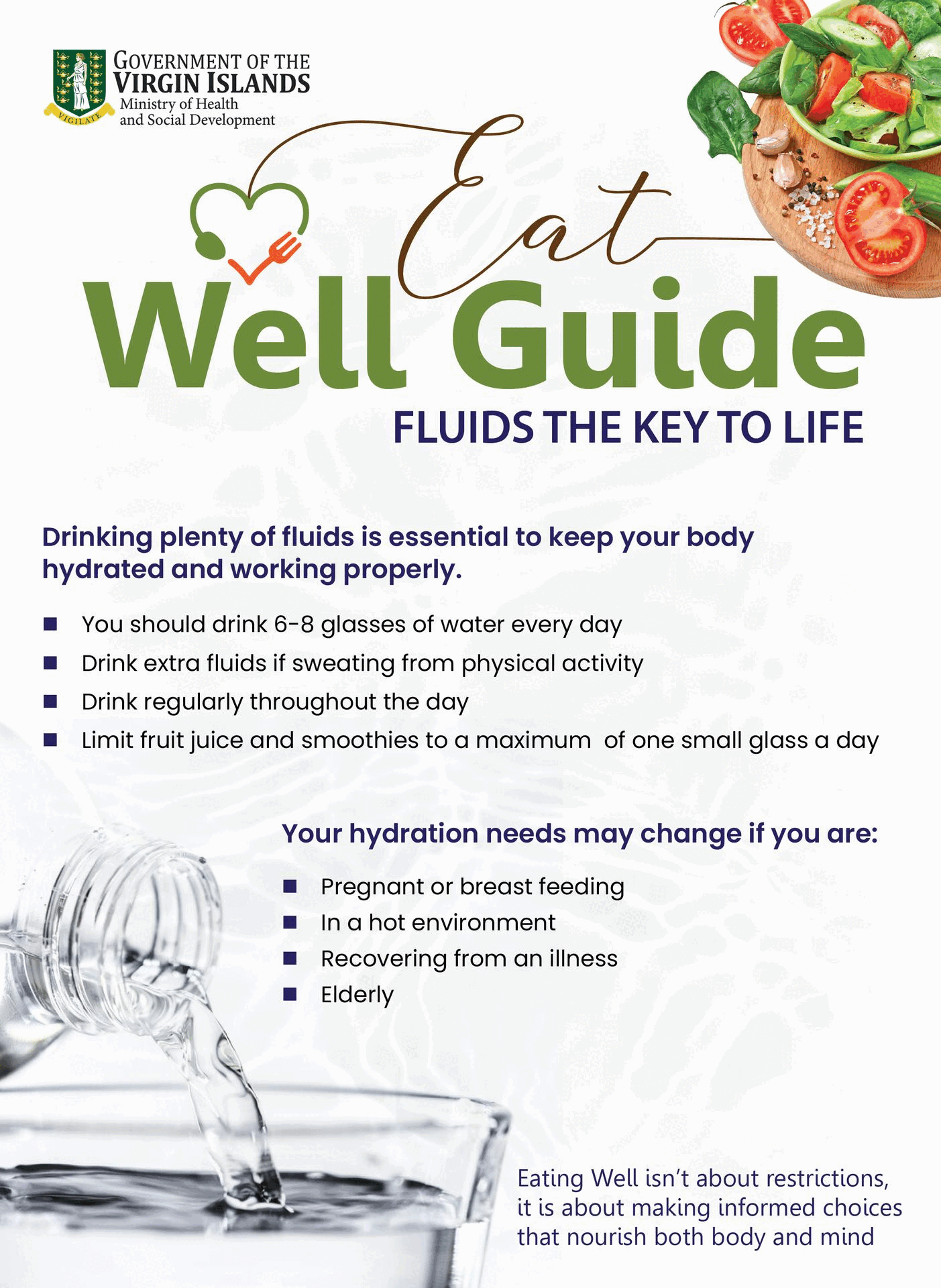UK’s interference has ‘undercut stability of democracy’ in Bermuda- Hon Kathy L. Simmons


Those were some of the sentiments expressed by Bermuda’s Attorney-General (AG) and Minister of Legal Affairs and Constitutional Reform, Hon Kathy L. Simmons.
The Bermuda AG was at the time addressing the United Nations (UN) General Assembly on the Special Committee on the Situation with regard to the Implementation of the Granting of Independence to Colonial Countries and Peoples held June 13 – June 14, 2022.
Uk’s interference never good for democracy- Simmons
According to Hon Simmons, by all objective measures Bermuda remains an advanced society characterised by economic, social and political stability and for over 350 years the people have governed themselves with minimal interference by the United Kingdom (UK) in its domestic affairs.
“However, when the United Kingdom has and does involve itself in Bermuda’s domestic affairs, it undercuts the stability of our democracy and undermines and demoralises the collective desire for Bermuda to handle our own affairs.”
Hon Simmons further stated that the powers in the Bermuda Constitution Order 1968 reserved to the Governor, when exercised in the United Kingdom’s interests, effectively “stifle Bermuda’s growth” and dampen the legitimate aspirations and the manifest will of the people.
‘Fault lines’
“Moreover, fault-lines emerge routinely where the domestic interests of Bermuda and the express democratic will of the people are at odds with the interests of the United Kingdom’s own domestic political positions. Yet, Bermudian citizens have no vote, nor any direct representation in the United Kingdom Parliament or the United Kingdom executive government,” Hon Simmons argued.
The Minister of Legal Affairs and Constitutional Reform said Bermuda embraces without reservation the inalienable right of its people to self-determination which underpins the mandate of the UN’s Special Committee.
“However, notwithstanding this indisputable inalienable right and the declarations in support of its practical implementation, the Government of Bermuda shares the concern of the General Assembly that, more than 60 years after the adoption of the Declaration on the Granting of Independence to Colonial Countries and Peoples, there still remain 17 Non-Self-Governing Territories, including Bermuda.
Renewed commitment to decolonisation
“I respectfully submit today that while progress has been made in Bermuda, decolonisation remains an elusive ideal which stands little chance of being realised unless the historical political polarisation surrounding the subject is displaced by the will of a populace emboldened with knowledge and appreciation of Bermuda’s present and future constitutional arrangements as they pertain to decolonisation.
Hon Simmons shared that the Government of Bermuda has expressed a renewed commitment to the development and execution of legal and diplomatic strategies aimed at achieving “long overdue constitutional reform” as a precursor to decolonisation.
Coincidentally, the sentiment in the Virgin Islands has always been that the UK has not been fulfilling its obligation to help the territory achieve independence but has recently been more willing to suspend its constitution and frustrate its efforts towards self-determination.




















.png)




















34 Responses to “UK’s interference has ‘undercut stability of democracy’ in Bermuda- Hon Kathy L. Simmons”
With the Treaty of Tordesillas in 1494, Portugal and Spain agreed to divide the globe with Portugal controlling the non-Christian lands in the eastern half, including Brazil; Spain, the western half, including the Americas. Soon after other European countries, ie, England, France, Holland, etc, battled Portugal and Spain for control and ownership of colonies. The control and ownership of colonies with African slave labour made European countries wealthy and powerful. However, this wealth and power through confiscating land, natural resources, and enslaving labour resulted in displacement, disestablishment, enslavement, and genocide of indigenous people. The omnipotent European powers action changed communities, cultures, history, heritage, and lives of local people.
Moreover, as noted earlier, the land grab generated power and wealth for European powers. For example, the Sugar Islands in the West Indies with slave labour produced dizzying profits for the sugar barons in England. Sugar was a vital commodity and a labour intensive industry, resulting in slaves way exceeding whites on the sugar plantations creating much fear for whites. In response to the fear, the powerful plantation owners/operators imposed strict control of slaves, ie, Barbados 1661 Slave Code which was adopted throughout the rest of West Indian islands and on plantations of the Southern US. After WWII and under UN decolonization effort, many former West Indian colonies attained independence; a few smaller locales still remain, ie, Anguilla, Montserrat, Cayman Islands, Turks and Caicos Islands, Virgin Islands, Bermuda, etc. The UK as the Administering Power is tasked with preparing and guiding these territories towards a full measure of self-governing. The territories have constitutions that afford minimal measure of self-governing. However, the constitutions are replete many democratic deficits,ie, special responsibilities, retained powers, reserved powers, and the power of assent to bills passed by the HOA. Further, devolved powers can be reserved, eg, the current threat of suspending the VI constitution, hanging over its head like the Sword of Damocles. The UK has unilateral power over the VI and other OTs. They have no means in which to redress grievances. It is the UK’s way or the highway or by-way. It is a take it situation. It is a Hobson’s choice situation.
BVI approx $6000
Free the people you white master why do we have a white governor in 2022?
By contrast, the VI had a $1.027B GDP (2017, Wikipedia) and $173M debt(2017, Wikipedia). Based on this data, I calculate its debt to GDP as approx 17%. Can the VI afford to borrow to invest on education, health, public safety, infrastructure, economic diversification, social safety nets, etc? The VI 2022 O&M and Capital budget is approx $400M.
In the public sector, a no nonsense, by the book, and strict management and control of finance is a must. No doubt, the VI as a small, resource-poor locale that depends heavily on a fragile service economy ( tourism and financial services) faces financial challenges. In addition to strict management and controls, here are a few suggestions:
a)identify revenue streams;
b) set overall tax rates to either maximizes revenue or economic growth;
c) understand that all budget have game characteristics and are political documents. Learn the rules of the game, ie, how much money government spends, how it spends it, and why it spends the way it does;
d) recognize that budgets are two crucial resources to get positive outcomes; personnel, other;
e)budget efficiency is critical to delivering the best services to the most people;
f) place high priority on budget management, for it is guarantee that government will never have adequate dollars to do all the things that are needed;
g)make effective project planning and execution a top priority;
i) master cutting and investing, ie, moving funding from a lower priority to a higher priority;
j) exercise prudent borrowing to fund critical projects;
k) establish discrete Operations and Management, and Capital budgets;
l) establish strict controls for procurement of goods and services;
m) conduct end of fiscal year budget execution review report;
n) audit, audit, audit…..